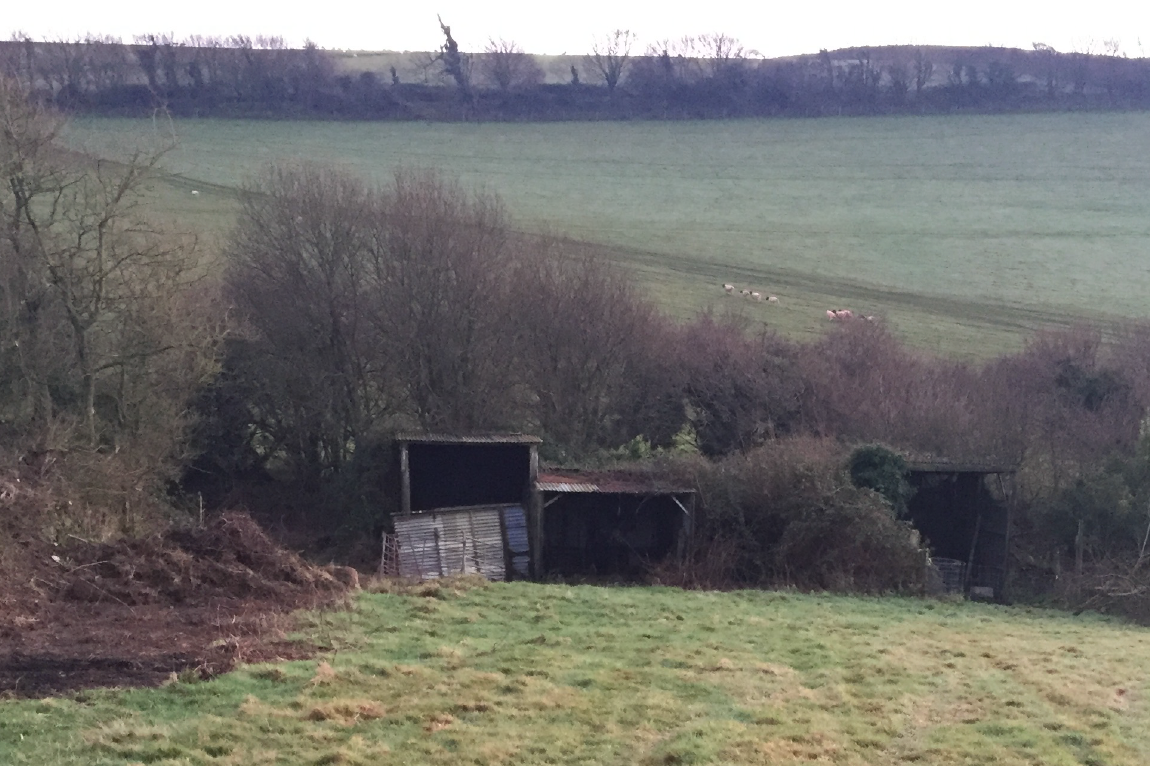
In dismissing an appeal against the refusal of a part retrospective application to construct an agricultural barn in a field to the south of Galmpton the Planning Inspector made the point that, on the basis of the information provided 'I am unable to determine that there is an essential need for the development.’
The applicants had previously claimed: ‘The replacement agricultural barn will be used to house the equipment, machinery and feed that the tenant farmer needs to manage the agricultural land for a flock of Poll Dorset and Horn Dorset sheep. The flock size varies and in spring sees 45 ewes and lambs on site.’
However the site itself only totals six acres and that, as the inspector saw when visiting the site, ‘the land is being used to keep sheep and I understand that the proposed building would be used by a tenant farmer to store animal feed and machinery in connection with this activity.
‘Although I am informed that there can be up to 45 sheep on the site in spring, very little additional evidence has been provided to explain why there is an agricultural need for the proposed building. For example, it is not made clear why machinery needs to be kept on the site and exactly what it would be used for. Nor is it clear what the current arrangements are for managing the site or how business operations may be compromised without the proposed building.’
As a result, the Inspector wrote, ‘I therefore conclude on this issue that an agricultural need has not been demonstrated.’
This was one of two reasons for the appeal being dismissed. The other being flood risk. But the impact on both the landscape and the AONB was not found to be grounds for refusal. It is therefore possible that the applicants could return should they be able to put forward both a more convincing case for the agricultural need and also satisfy flood risk fears.
Yet it is to be hoped that this appeal will set a precedent, and planning officers will now take on board the need for those wanting to put up barns to provide more in justification than a claimed need to ‘provide essential undercover storage space to prolong the longevity of the agricultural machinery and keep it secure’, particularly on relatively small sites.
You can find the letter of representation we submitted to the inspector here.



